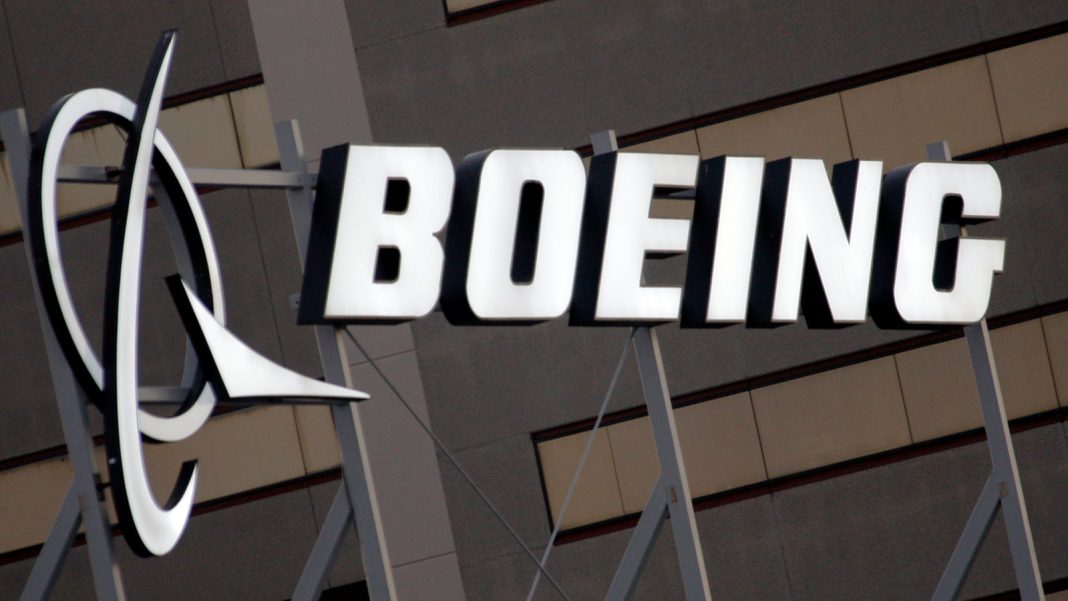 Southwest Airlines, one of the major players in the U.S. airline industry, is facing challenges in the third quarter due to an oversupplied market. As a result, the company has forecasted a potential drop in unit revenue of up to 2% compared to last year. This decline in revenue is primarily attributed to the need for airlines to offer discounted tickets during what is typically the most profitable period of the year.
Southwest Airlines, one of the major players in the U.S. airline industry, is facing challenges in the third quarter due to an oversupplied market. As a result, the company has forecasted a potential drop in unit revenue of up to 2% compared to last year. This decline in revenue is primarily attributed to the need for airlines to offer discounted tickets during what is typically the most profitable period of the year.
In addition to the decrease in unit revenue, Southwest Airlines is also expecting non-fuel costs to rise by as much as 13% in the current quarter. These higher costs are anticipated to continue affecting the airline’s performance until the end of 2024. As a result of these projections, shares of Southwest fell by 4% in premarket trading on Thursday.
Despite these challenges, Southwest Airlines reported strong second-quarter results, beating Wall Street expectations. The company’s revenue for the quarter rose by 4.5% to a record $7.35 billion. However, its profit dropped by over 46% to $367 million, or 58 cents per share. This decline in profit can be attributed to a decrease in revenue per available seat mile, which fell by 3.8% in line with the airline’s reduced forecast.
Southwest Airlines CEO Bob Jordan acknowledged the impact of both external and internal factors on the company’s second-quarter performance. He stated, “Our second-quarter performance was impacted by both external and internal factors and fell short of what we believe we are capable of delivering.” This recognition highlights the need for the airline to address these challenges and work towards improving its performance.
One challenge that Southwest Airlines is currently facing is its relationship with Boeing, its sole supplier of airplanes. Due to Boeing’s safety and manufacturing crises, the company has struggled to deliver aircraft on time, leading to disruptions in Southwest’s operations. As a result, Southwest is in talks with Boeing for compensation. The airline now expects to receive only 20 deliveries from Boeing this year, less than half of what was initially forecasted.
In addition to its challenges with Boeing, Southwest Airlines is also under pressure from investors to increase revenue. Elliott Investment Management, a major investor in the carrier, recently disclosed a nearly $2 billion stake and called for a leadership change. These pressures have prompted Southwest to take urgent steps to mitigate the revenue challenges it is currently facing.
To address these challenges and drive growth, Southwest Airlines announced significant changes to its business model. Starting next year, the airline plans to do away with its open seating plan and introduce some seats on its Boeing aircraft with extra legroom. It will also add overnight flights, marking the biggest changes to its business model in over five decades of operation. These changes will make Southwest Airlines more similar to its network carrier rivals.
Despite the challenges and necessary transformations, Southwest Airlines remains optimistic about its future. CEO Bob Jordan stated, “We are taking urgent and deliberate steps to mitigate near-term revenue challenges and implement longer-term transformational initiatives that are designed to drive meaningful top and bottom-line growth.” This commitment to addressing the challenges and driving growth reflects the company’s determination to overcome the current obstacles it faces.
Looking ahead, executives from Delta Air Lines and United Airlines expect to see a moderation in U.S. capacity next month, which could potentially lead to higher fares. This development could positively impact airlines, including Southwest, as they navigate the current oversupplied market.
In conclusion, Southwest Airlines is facing challenges in the third quarter due to an oversupplied U.S. market. The company is forecasting a potential drop in unit revenue and an increase in non-fuel costs. Despite these challenges, Southwest reported strong second-quarter results, beating expectations. The airline is addressing its challenges by seeking compensation from Boeing and making significant changes to its business model. Southwest remains committed to mitigating revenue challenges and implementing initiatives to drive growth. As the industry adjusts, the moderation in U.S. capacity next month could potentially lead to higher fares and benefit airlines like Southwest.

